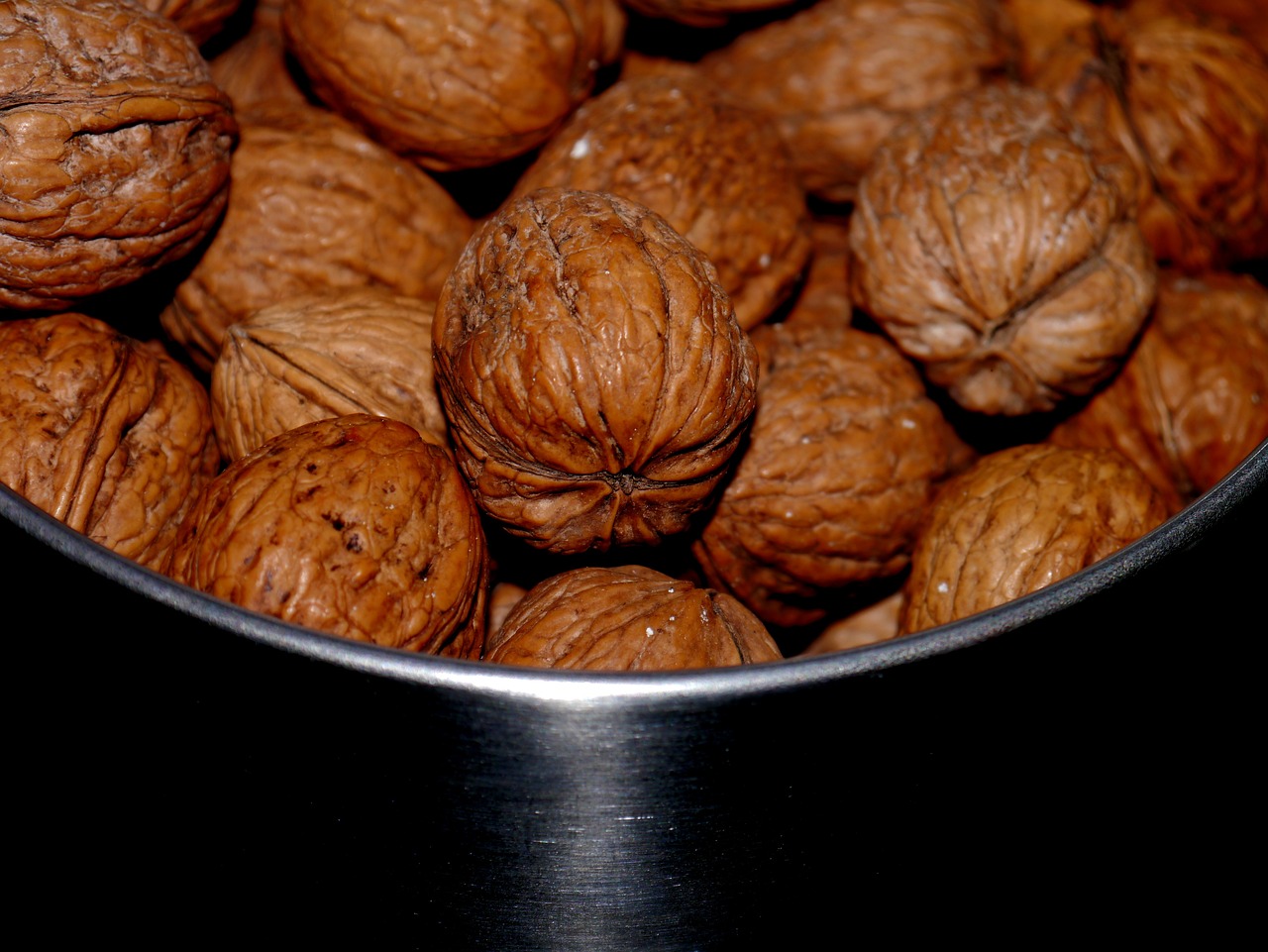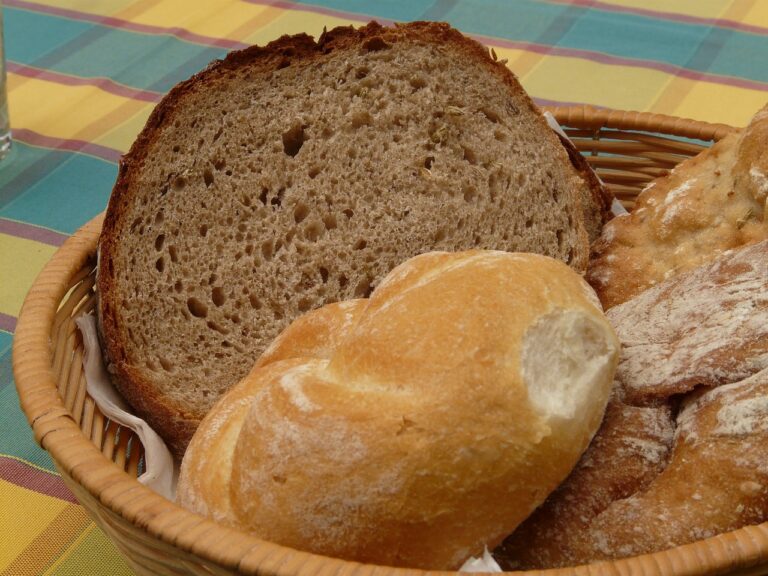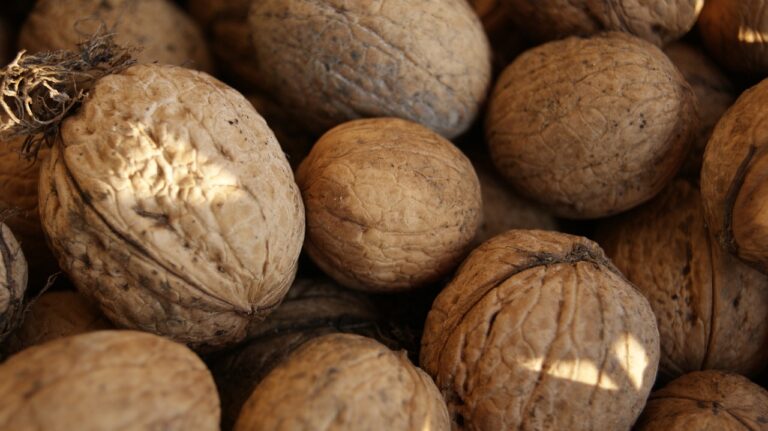The Evolution of Olive Oil Production: A Historical Perspective: 11xplaylogin, King567 sign up, Skyinplay
11xplaylogin, king567 sign up, skyinplay: The Evolution of Olive Oil Production: A Historical Perspective
Olive oil has been an essential component of Mediterranean cuisine for thousands of years. From its humble origins as a staple food source to its current status as a gourmet ingredient, the production of olive oil has undergone significant changes over the centuries. In this article, we will explore the evolution of olive oil production from ancient times to the present day, highlighting the key historical milestones that have shaped this industry.
Ancient Origins: The Birth of Olive Oil Production
The history of olive oil production can be traced back to ancient times, with evidence of olive cultivation dating as far back as the 8th millennium BC. The earliest known olive oil production techniques were simple and crude, involving the crushing of olives using stones or wooden presses to extract the oil. These early methods were labor-intensive and inefficient, resulting in low yields of oil.
The Ancient Greeks and Romans: Innovation and Expansion
The production of olive oil flourished during the Classical period, thanks to the innovations introduced by the ancient Greeks and Romans. The Greeks developed more advanced methods of olive oil extraction, such as the use of lever presses and screw presses, which enabled them to produce larger quantities of oil more efficiently. The Romans further refined these techniques, establishing large-scale olive groves and oil mills throughout their empire.
The Middle Ages: Decline and Revival
The fall of the Roman Empire in the 5th century AD marked a period of decline for olive oil production in Europe. The chaos and instability that followed the collapse of Rome led to the abandonment of many olive groves and the loss of valuable knowledge and skills. However, olive oil production began to revive during the Middle Ages, particularly in regions such as Spain, Italy, and Greece, where the climate was ideal for olive cultivation.
The Renaissance: Rebirth and Innovation
The Renaissance period in Europe saw a renewed interest in agriculture and technological innovation, which had a profound impact on olive oil production. New techniques, such as the introduction of hydraulic presses and stone mills, revolutionized the extraction process, resulting in higher-quality oil with improved flavor and aroma. Olive oil became increasingly popular among the nobility and wealthy merchant class, leading to the establishment of specialized olive oil workshops and markets.
The Industrial Revolution: Mechanization and Mass Production
The 19th century brought about significant changes in olive oil production, as the Industrial Revolution swept across Europe. Advances in technology and mechanization enabled producers to scale up their operations and increase efficiency. Steam-powered mills and hydraulic presses replaced traditional methods, leading to a surge in olive oil production and exports. The widespread adoption of chemical analysis and quality standards also helped to ensure the consistency and purity of olive oil products.
Modern Times: Sustainability and Innovation
In the 20th and 21st centuries, olive oil production has continued to evolve in response to changing consumer preferences and environmental concerns. Sustainable farming practices, such as organic and biodynamic cultivation, have gained popularity among producers seeking to minimize their impact on the environment. Innovations in harvesting, processing, and packaging have also led to the development of niche olive oil products, such as cold-pressed extra virgin oils and flavored infusions.
FAQs:
1. What is the difference between virgin and extra virgin olive oil?
Virgin olive oil is extracted through mechanical means, without the use of chemicals or excessive heat. Extra virgin olive oil is the highest grade of olive oil, with superior quality and flavor, as it is made from the first cold pressing of the olives.
2. How should I store olive oil to maintain its freshness?
Olive oil should be stored in a cool, dark place away from heat and light, as exposure to oxygen, light, and heat can cause the oil to degrade and become rancid. It is recommended to use olive oil within 6 months to 1 year of opening to ensure optimal freshness.
3. What are the health benefits of consuming olive oil?
Olive oil is rich in monounsaturated fats, antioxidants, and anti-inflammatory compounds, which have been linked to numerous health benefits, such as reducing the risk of heart disease, lowering cholesterol levels, and improving cognitive function.
4. Can olive oil be used for cooking at high temperatures?
Extra virgin olive oil has a low smoke point and may not be suitable for high-heat cooking methods, such as frying. It is recommended to use olive oil for low to medium-heat cooking, or to drizzle over salads and dishes as a finishing oil.







